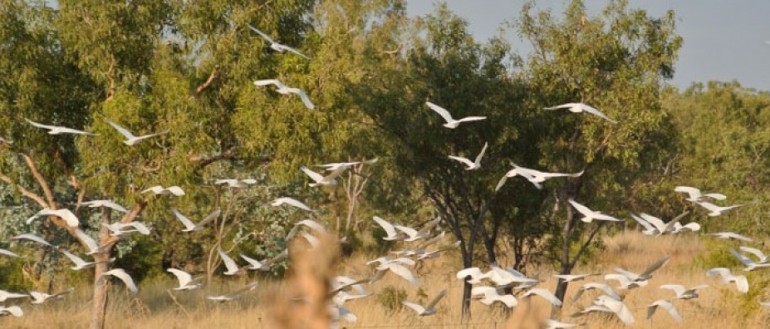Overview:
Menzies established One21Seventy in 2010 following the completion of two NHMRC funded research projects - the ABCD and ABCD Extension Projects (2002 – 2009). These projects aimed to improve health outcomes by assisting Indigenous health services to improve their systems for delivery of best practice care. The ABCD program used an action-research approach to work with health centre staff to identify strengths and weaknesses in their systems, set goals for improvement, develop strategies to achieve these goals, and assess the effectiveness of these strategies in improving chronic illness care. The ABCD program started with primary health services in the Top End of the Northern Territory, and by 2009, 140 health centres were using ABCD tools and processes in most Australian states and territories.
The ABCD program demonstrated that a CQI model could be both attractive to, and effective in, supporting Indigenous primary health care centres to use evidence-based best practice in chronic illness care. Analysis of data on health centre performance over time shows that the majority of health centres in the project improved their performance in relation to most indicators. The ABCD program influenced national, state and territory policy and programs in relation to Indigenous primary health care.
Alongside One 21Seventy, the CQI support service, the NHMRC-funded ABCD National Research Partnership conducted research from 2010 to 2015 with respect to understanding variation in the quality of care and strategies for improvement.

